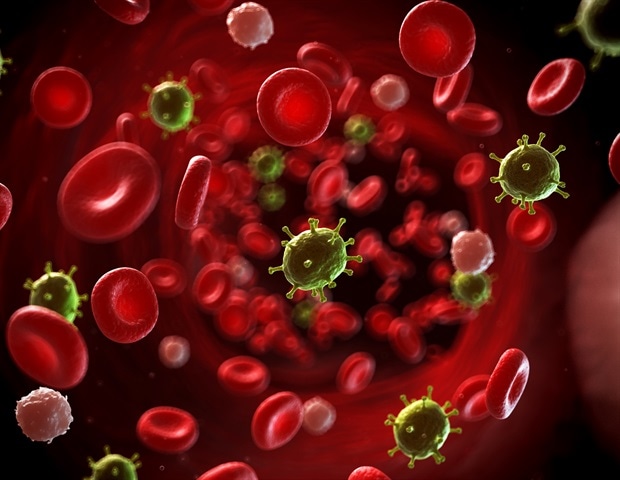
On March 19, 2021, Hokkaido University, Robotic Biology Institute Inc., iLAC Co., Ltd., and Shionogi & Co., Ltd. Entered into a memorandum of understanding (MOU) towards establishing an automated system for the analysis. of the novel coronavirus (SARS-CoV-2) in wastewater.
The joint project aims to establish an automated analytical system that will enable mass diagnosis by early detection of common diseases and mutants, based on a wastewater-based epidemiology. Exploration work is expected to begin in April 2021 or later.
It has been suggested that the novel coronavirus (SARS-CoV-2) can multiply by invading intestinal epithelial cells. SARS-CoV-2 has been found in the feces of many infected people including those without gastrointestinal symptoms. SARS-CoV-2 excreted in the feces of COVID-19 patients eventually accumulates at wastewater treatment plants.
Thus, there is research on wastewater-based epidemiology (WBE) of SARS-CoV-2, which obtains epidemiological information at a population level through regular monitoring of the virus in wastewater , has been accelerating worldwide. WBE has been reported in scientific papers to be extremely useful for the early detection of COVID-19 transmission and for the confirmation of successful reduction in disease incidence in a given region.
In Japan, there have been fewer reported cases of COVID-19 infection per capita compared with the United States and some European countries and regions, so SARS-CoV-2 concentrations in Japanese wastewater tend to be lower. lower than those elsewhere. countries. The University of Hokkaido and Shionogi entered into a collaborative research agreement in October 2020 to develop a more sensitive virus detection method. As a result of the collaborative research, a highly sensitive method of SARS-CoV-2 detection in wastewater has been successfully developed.
To implement WBE socially, there is an urgent need for a high throughput monitoring system of the collected wastewater samples. For this purpose, the Robotic Biology Institute, Inc. (RBI), and iLAC Co., Ltd., have joined the existing collaborations between Hokkaido University and Shionogi. RBI’s technology for automated SARS-CoV-2 detection / measurement and library preparation for next-generation sequence analysis (NGS) using LabDroid “Maholo,” a multimodal humanoid robot manufactured in Japan; ILAC is able to interpret genomic information (e.g., viral genome mutations) based on GNA analysis. They will help develop an automated analysis system for WBE of SARS-CoV-2. All four parties have joined the MOU towards WBE social implementation.